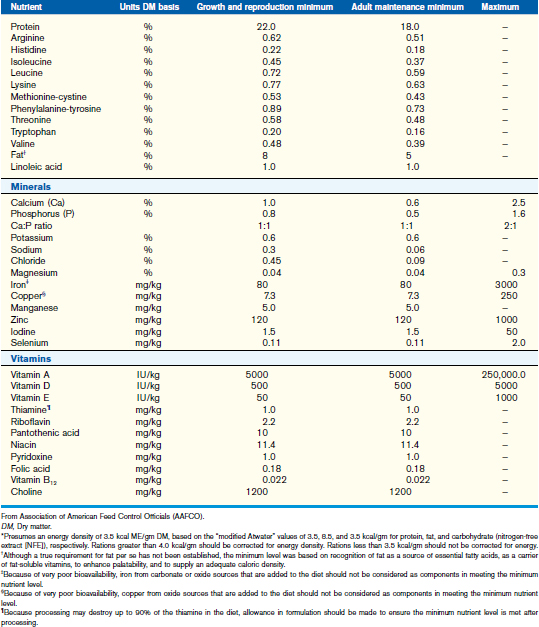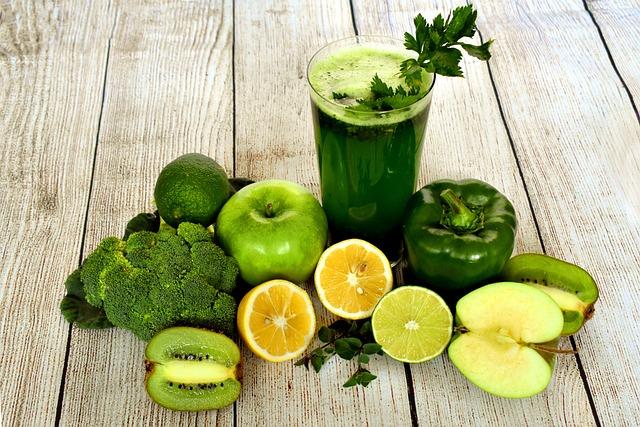In recent years, the conversation around vegetarian diets has expanded beyond the realm of human nutrition to include our four-legged companions. As more pet owners explore plant-based lifestyles, the question arises: can dogs thrive on a balanced vegetarian diet? Understanding the nutritional needs of dogs is crucial to answering this question. While canines are naturally omnivorous, meaning they can consume both animal and plant-based foods, ensuring they receive all essential nutrients without meat requires careful planning. This article aims to guide you through the considerations and best practices for feeding your dog a vegetarian diet, ensuring their health and happiness remain a top priority. Whether you’re contemplating this switch for ethical, environmental, or health reasons, we are here to provide you with the insights needed to make informed decisions for your beloved pet.
Understanding Canine Nutritional Needs
In crafting a vegetarian diet for your furry friend, it’s crucial to ensure they receive all the necessary nutrients to thrive. Dogs, unlike cats, are omnivores and can survive on a plant-based diet, but it requires careful planning. The key components to consider include:
- Protein: Essential for muscle development and repair, can be sourced from legumes, quinoa, and soy products.
- Amino Acids: Vital amino acids such as taurine and L-carnitine should be supplemented if not present in adequate amounts.
- Vitamins and Minerals: Ensure your dog’s diet includes vitamin B12, calcium, and iron, which might be lacking in plant-based foods.
- Fatty Acids: Omega-3 and omega-6 fatty acids are important for skin and coat health and can be found in flaxseed and chia seeds.
It’s advisable to consult with a veterinarian or a pet nutritionist to tailor a diet plan that meets your dog’s individual needs. Regular health check-ups and monitoring their response to the diet will help in maintaining their health and well-being.

Crafting a Nutritious Vegetarian Meal Plan for Your Dog
Creating a vegetarian meal plan for your furry friend requires a careful balance of nutrients to ensure their health and vitality. Protein is a crucial component and can be sourced from plant-based ingredients such as lentils, chickpeas, and quinoa. Additionally, incorporating eggs and dairy products like cottage cheese can provide essential amino acids. Ensure that you include a variety of vegetables like carrots, peas, and sweet potatoes, which are rich in vitamins and minerals. To round out the meal plan, add healthy fats such as flaxseed or coconut oil, which support a shiny coat and overall well-being.
In crafting your dog’s meal plan, consider the following essential components:
- Proteins: Lentils, chickpeas, quinoa
- Carbohydrates: Brown rice, oats, sweet potatoes
- Fats: Flaxseed oil, coconut oil
- Vitamins & Minerals: Leafy greens, carrots, peas
- Supplements: Consider a B12 supplement for complete nutrition
Consulting with a veterinarian is recommended to ensure that your dog’s vegetarian diet is nutritionally complete and tailored to their specific needs.
Common Pitfalls and How to Avoid Them
- Inadequate Protein Sources: Dogs require a significant amount of protein for muscle maintenance and overall health. A common mistake is relying solely on grains and vegetables, which may not provide complete proteins. To avoid this, incorporate protein-rich foods like lentils, quinoa, and chickpeas, and consider adding plant-based supplements or specially formulated vegetarian dog foods that ensure a complete amino acid profile.
- Vitamin and Mineral Deficiencies: Essential nutrients such as vitamin B12, iron, and calcium can be lacking in a vegetarian diet. It’s crucial to monitor these levels and include fortified foods or supplements as necessary. Leafy greens, nuts, and seeds can help, but professional guidance from a veterinarian or a pet nutritionist can ensure that your furry friend receives a balanced diet.
- Digestive Issues: Sudden changes in diet can lead to digestive discomfort. Transition gradually to a vegetarian diet by slowly mixing in vegetarian ingredients with your dog’s current food over several weeks. This allows their digestive system to adjust, reducing the risk of upset stomachs.

Expert Tips for a Happy, Healthy Vegetarian Pup
Transitioning your pup to a vegetarian diet can be a rewarding journey, provided you ensure their nutritional needs are met. Here are some expert tips to keep your furry friend both happy and healthy:
- Balance is Key: Make sure to include a variety of plant-based proteins such as lentils, chickpeas, and quinoa to supply essential amino acids.
- Consult a Veterinarian: Before making any dietary changes, it’s crucial to consult with a vet who can guide you in choosing the right supplements to cover nutrients like vitamin B12 and omega-3 fatty acids.
- Monitor Health Regularly: Keep an eye on your dog’s weight, energy levels, and coat condition. Regular check-ups can help identify any deficiencies early on.
- Variety of Vegetables: Incorporate a colorful array of vegetables, such as sweet potatoes, carrots, and peas, which are rich in vitamins and minerals.
- Stay Informed: Keep yourself updated with the latest research and recommendations to ensure your pup’s diet remains balanced and nutritious.

